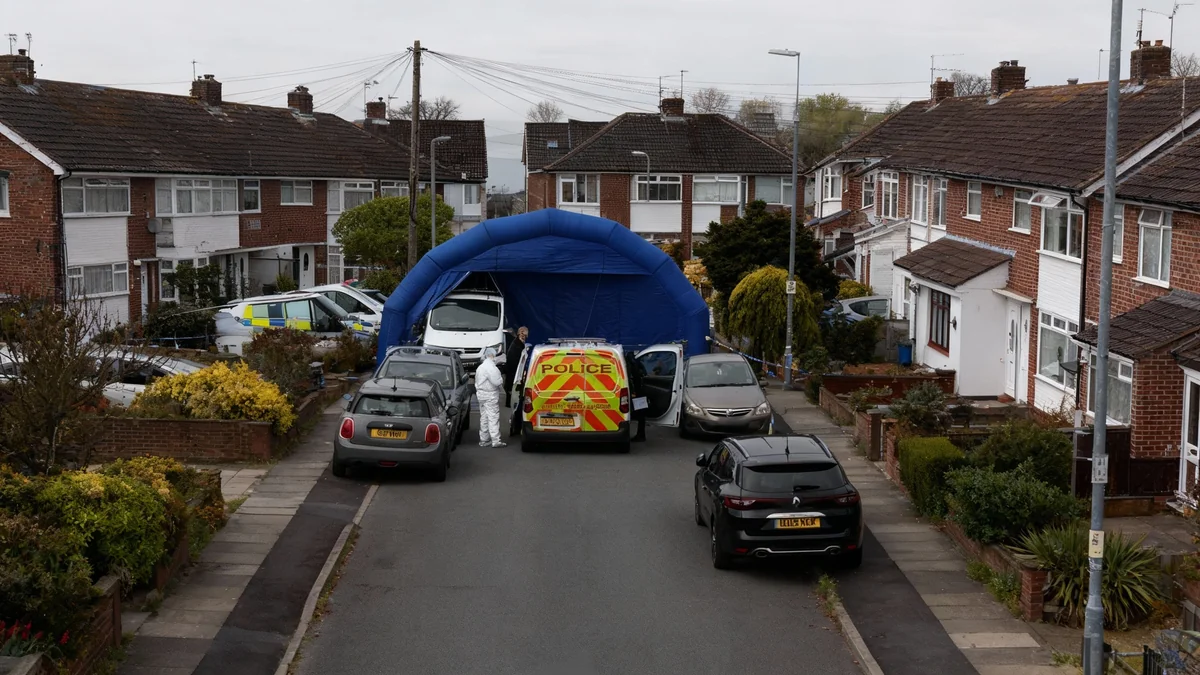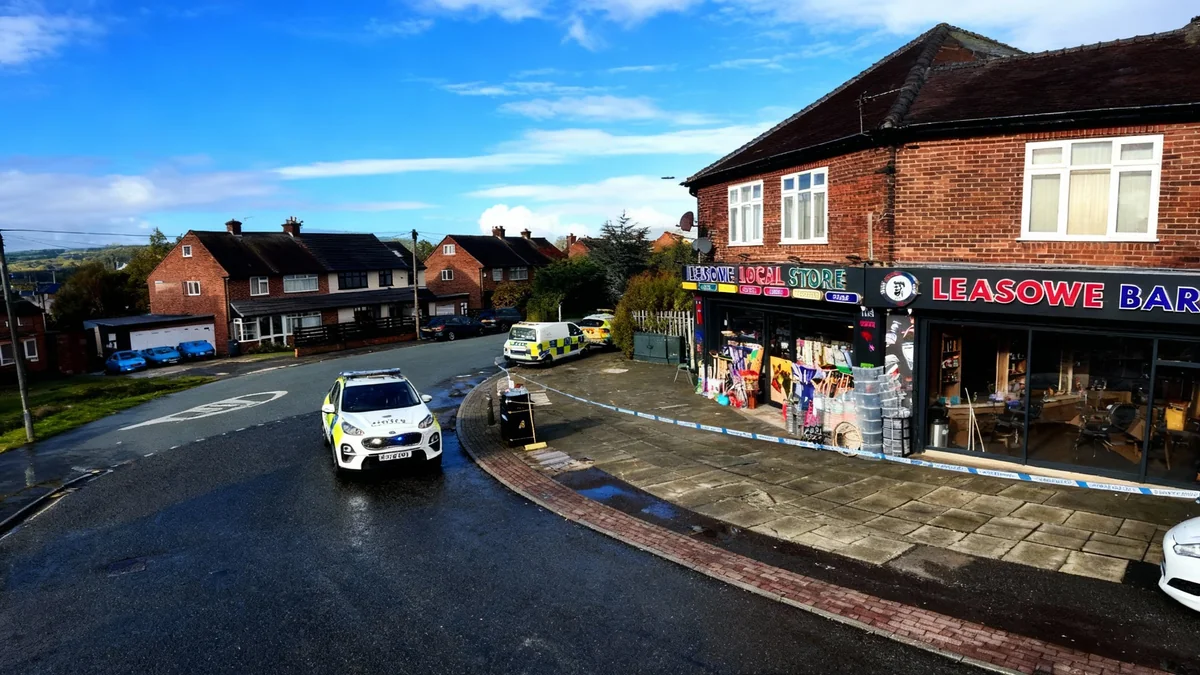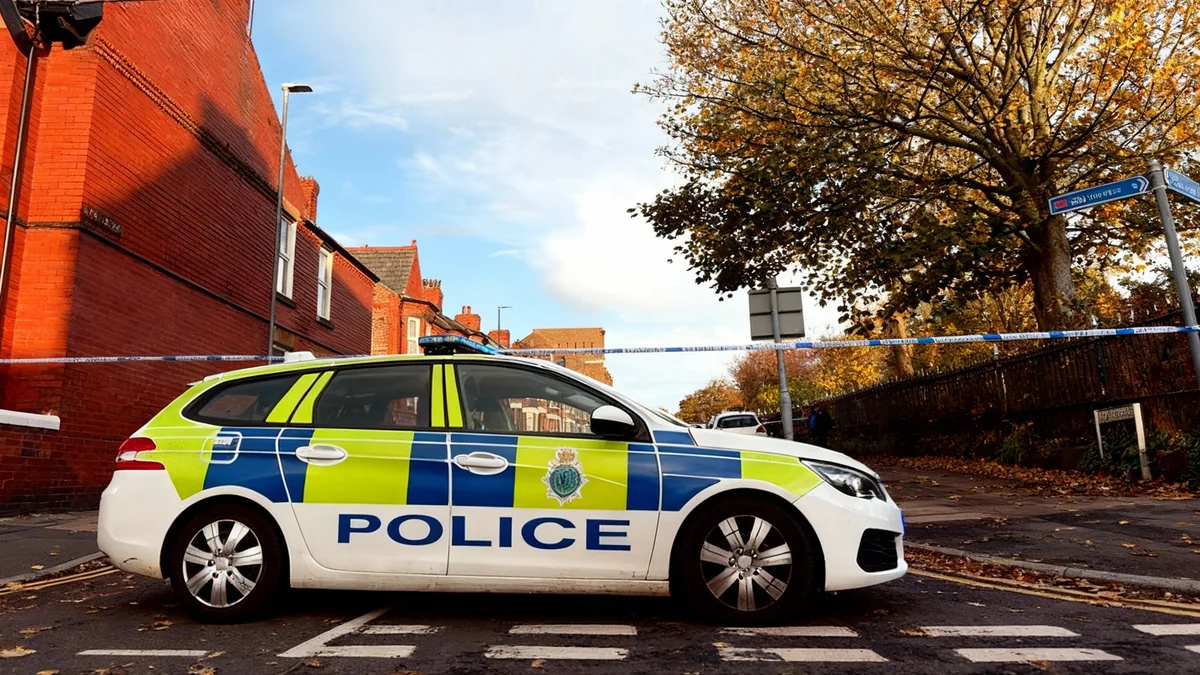Merseyside Police have delivered a stunning blow to organized crime in the region, dismantling a major county lines drug network in a series of dramatic pre-dawn raids across Liverpool. The meticulously planned operation, codenamed 'Operation Medusa', has resulted in numerous arrests and the seizure of significant quantities of Class A drugs and cash, striking at the heart of a criminal enterprise that has plagued local communities.
The operation represents one of the most significant enforcement actions against county lines gangs in the North West this year, targeting the flow of narcotics from Liverpool to towns across Cheshire and North Wales. For residents in the affected areas, the decisive police action offers a glimmer of hope in the ongoing battle against drug-related crime and exploitation.
Key Takeaways
- Merseyside Police's 'Operation Medusa' targeted a major county lines drug network operating out of Liverpool.
- Over 20 arrests have been made in coordinated raids across Kensington, Anfield, and Toxteth.
- Police seized an estimated £2 million worth of cocaine and heroin, alongside over £150,000 in cash.
- The operation was the culmination of a six-month covert investigation involving sophisticated surveillance techniques.
The Dawn Strike: How 'Operation Medusa' Unfolded
The operation began in the early hours of Wednesday morning as more than 200 officers from Merseyside Police, supported by specialist units, executed warrants at 18 residential properties. The synchronized raids took place primarily in the Kensington, Anfield, and Toxteth areas of the city, which intelligence had identified as the nerve centers of the criminal network.
Tactical teams forced entry into properties, swiftly detaining suspects and securing evidence. Eyewitnesses described a heavy police presence and scenes of controlled chaos as the operation unfolded with military precision. The element of surprise was crucial to prevent the destruction of evidence and ensure the capture of key individuals.
"This was a deliberate and targeted strike against a group of individuals who believed they were untouchable," stated Detective Chief Inspector Mark Clements, the lead investigator on Operation Medusa. "They have brought misery to our streets and exploited vulnerable people for their own greed. Today, we have sent a clear message: we will find you, and we will bring you to justice."
A Six-Month Investigation Comes to a Head
Wednesday's raids were not a spontaneous action but the culmination of a complex and painstaking six-month covert investigation. Detectives meticulously gathered intelligence, using a range of tactics from undercover work to digital forensics to map out the entire criminal hierarchy.
Investigators were able to identify not only the street-level dealers but also the senior figures orchestrating the supply chain. This hierarchical approach is vital in dismantling organized crime groups, rather than simply removing low-level offenders who are easily replaced.
Operation Medusa by the Numbers
- 200+ Officers involved in the raids
- 18 Warrants executed across Liverpool
- 21 Individuals arrested (18 men, 3 women)
- £2 Million Estimated street value of seized Class A drugs
- £150,000+ Cash recovered from various properties
- 6 Months of covert investigation leading to the operation
Targeting the 'County Line'
The network specialized in the 'county lines' model, a particularly insidious form of drug distribution. The term refers to the use of dedicated mobile phone lines, or 'deal lines', to facilitate the sale of drugs, typically from a major city like Liverpool to smaller towns and rural areas.
This model often involves the exploitation of children and vulnerable adults, who are coerced into acting as couriers or storing drugs in a practice known as 'cuckooing'. According to police, the dismantled network was responsible for supplying heroin and crack cocaine to communities as far as Cheshire and North Wales, generating hundreds of thousands of pounds in illicit profits each month.
The Haul: Inside the Criminal Enterprise
The scale of the criminal operation was made clear by the significant seizures made during the raids. Officers recovered large quantities of suspected cocaine and heroin, packaged and ready for street-level distribution. The estimated value of the drugs is believed to be in excess of £2 million.
In addition to the narcotics, police seized over £150,000 in cash, several high-value vehicles, and a collection of luxury watches believed to have been purchased with the proceeds of crime. A number of weapons, including knives and a suspected firearm, were also recovered, highlighting the violent nature of the drug trade.
What Are County Lines?
County lines is a term used to describe gangs and organized criminal networks involved in exporting illegal drugs into one or more importing areas within the UK, using dedicated mobile phone lines or other 'deal lines'. They are likely to exploit children and vulnerable adults to move and store the drugs and money and they will often use coercion, intimidation, violence (including sexual violence) and weapons. According to the National Crime Agency, there are over 2,000 active county lines in the UK.
What Happens Next?
The 21 individuals arrested, aged between 18 and 45, are currently being held in custody at various police stations across Merseyside. They are being questioned on suspicion of conspiracy to supply Class A drugs, money laundering, and participation in the activities of an organized crime group.
Detective Chief Inspector Clements emphasized that the investigation is far from over. "These arrests are a major step, but our work continues. We will now be analyzing the evidence seized, including mobile phones and financial records, to build the strongest possible case for the Crown Prosecution Service."
He also made a plea to the public for continued support. "Local intelligence is the lifeblood of operations like this. We urge anyone who has information about drug dealing in their community to come forward. You can speak to us directly or contact Crimestoppers anonymously. Your information can and does make a difference." The success of Operation Medusa serves as a powerful reminder of law enforcement's commitment to protecting communities from the devastating impact of organized crime.





